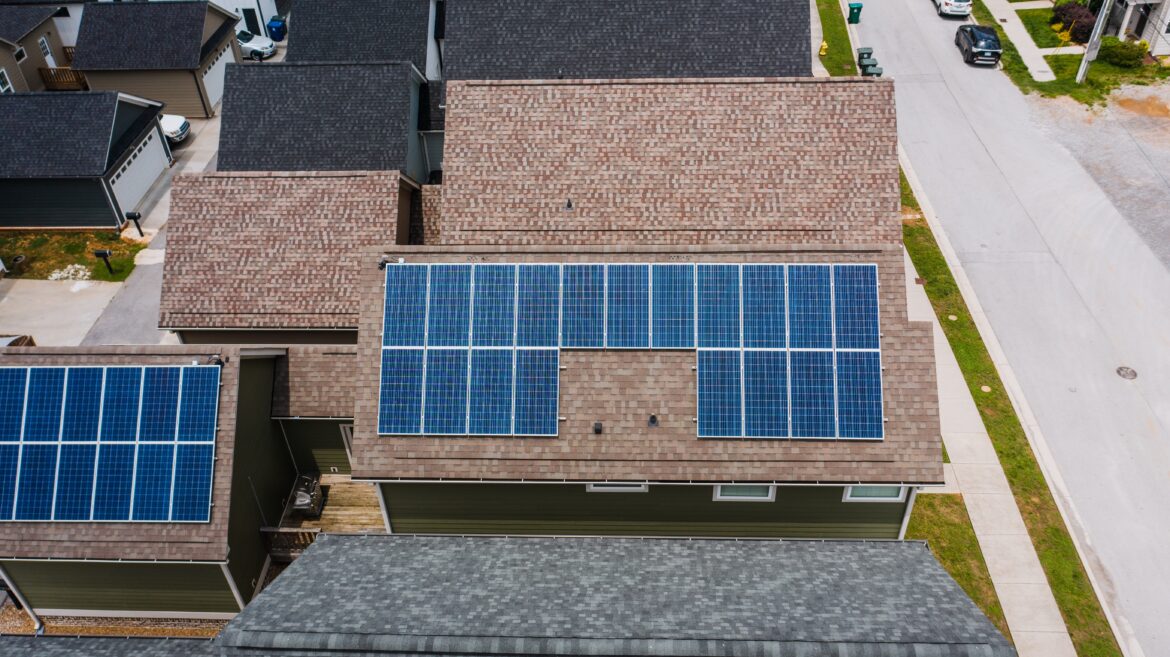South Africans are ready to get off the grid Photo Pexels
South Africa – With the current energy crisis many South Africans are looking for ways to get off the grid. Saving yourself from loadshedding and becoming independent from Eskom is a good idea and there are a few ways to go about it.
According to Eddy Mokobodi, Director Renewable Energy and Battery Storage at Sakisa Energy and Technology Group, there has been a lot of enquiries from people wanting to get off the grid. The first step is to factor in the households needs and get them partly off the grid first.
“Getting off the grid immediately is not an easy thing to do because you have to factor in things like weather, bad rain, system size and cost. The first step is to try and get them partly off the grid. Meaning that their reliance on Eskom or the grid reduces through a hybrid solar system. If you are 1000 units per month, we are going to try and put in a system that brings you down to 500 or 300 units per month depending on your building.”
Getting off the grid
The term getting off the grid is used very loosely, said Mokobodi. Most people just want to be less reliant on Eskom and not cut themselves from the grid completely. It is important to establish what you want so you can get the correct system and budget properly.
“An average household, I would start them off on a system that covers your lights, your plugs, your TV and all of those things. The geyser and stove we don’t cater for initially. Then as time goes on we then look at alternative methods to them. Maybe they can have a gas stove, a gas geyser or a solar geyser. When we look at all those things combined, your reliance goes down significantly.”
If someone already has an inverter or a generator, Mokobodi takes that into account as well. The system needs to be designed to ensure the generator can be used to provide electricity as well.
SMread: ‘Private sector ready to fix energy crisis’- AfriForum
The cost of getting off the grid
The main concern when moving off the grid or becoming less reliant on Eskom is the cost of it all. While most people are looking to get off the grid, they may not have the budget for it. It can start off at R90 000 to R100 000 and as you upgrade, you could spend close to R200 000 for a big house, said Mokobodi. This is why they suggest clients to start small and work their way up.
“What we suggest to clients is scale back to your budget. If you can’t afford the full system, start with the battery backup. The inverter and battery solution might be half of that which is R55 000 to R60 000. Put that in and keep your essentials on through loadshedding. When you get a bit more money then you can add your solar panels onto that and start to generate your own electricity. As you go further you can add another battery and a few more panels. That’s how the journey begins.”
Mokobodi recommends a 5kW inverter as this can run your kettles and microwaves during loadshedding. A 3kW inverter might offer some challenges. It is also better for long term expansion to use the 5kW inverter.
The lifespan of the installation
If one is spending close to R100 000 on a system, they expect it to last for quite some time. According to Mokobodi, one can expect a relatively long life span when it comes to solar panels and batteries. You will be getting your money’s worth.
“The solar panels should last between 20 to 25 years. The batteries are designed to last on a warranty of 10 years, most good batteries. This is lithium batteries so the assumption would be that they last beyond the warranty. The inverters have warranties of five years. That should be the typical solar installation that anyone should be looking for.”
To hear what else Eddy Mokobodi said about getting off the grid, listen to the podcast here
